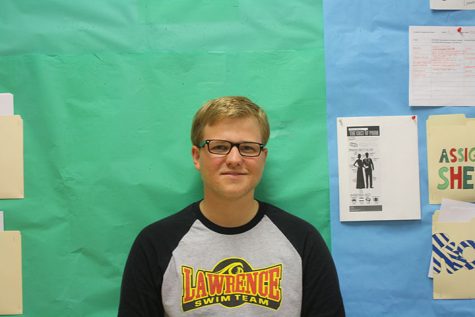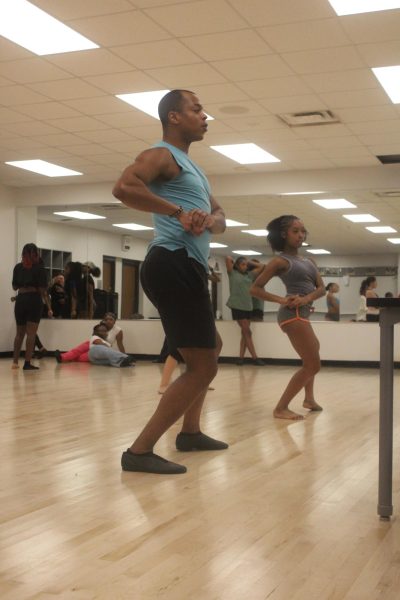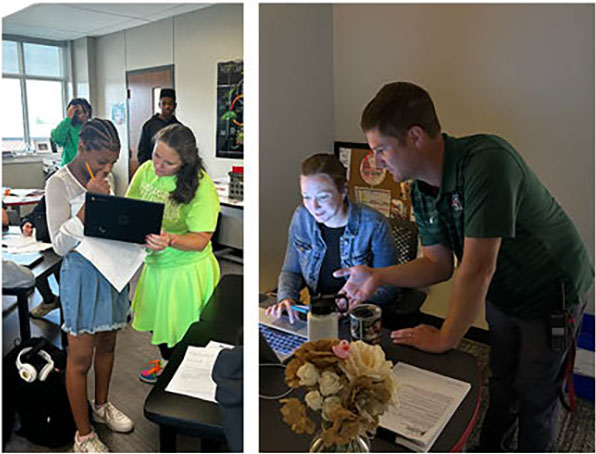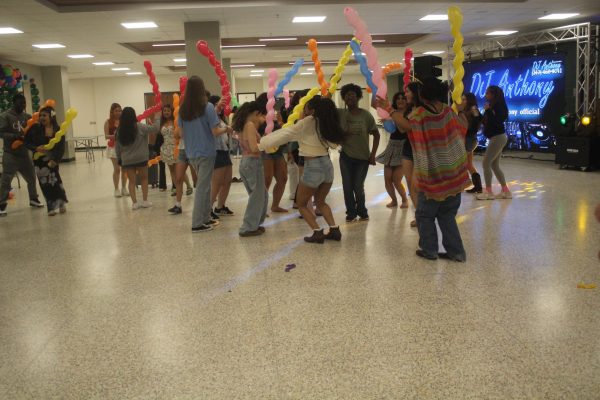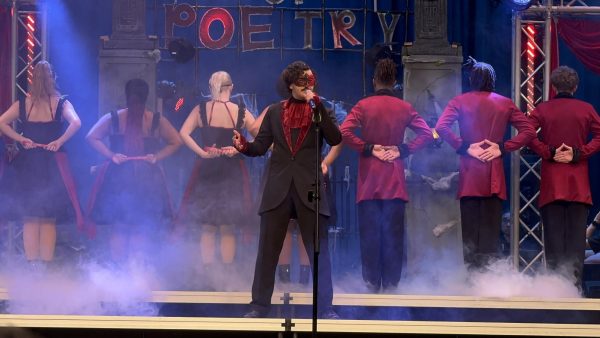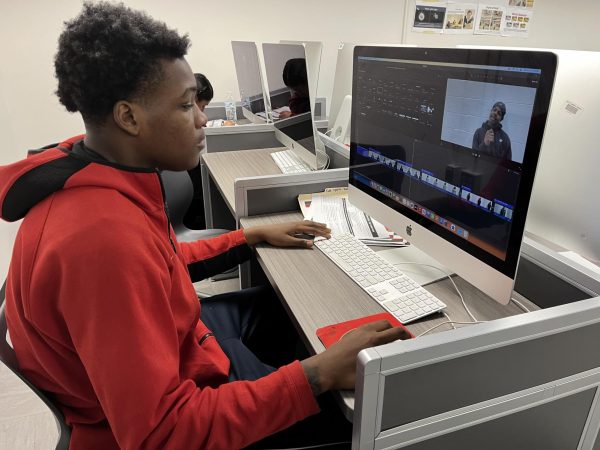Student teachers teach, learn simultaneously
There are several student teachers at LN this year, helping certain teachers in their particular classes throughout the semester or year. The experiences that they have now will help them for when they become teachers themselves. One such student teacher is Nate Waterfill. He is at LN for his second semester in the English Department, after helping in Isaac Masih’s class last semester. This semester, he returned to help English teacher Rebecca Cash. Waterfill was influenced to become a teacher during his senior year of high school.
“I took an English teaching trip to Cambodia, and my mother was also an English teacher,” Waterfill said. “I guess that made me want to become an English teacher.”
Waterfill explained that the process for becoming a student teacher is generally randomized, but he selected to be a student teacher under IUPUI so he could work at an urban school.
“I like diversity, I like progressive education, which is what urban schools are all about, this was just random. They just place you near where you live. I was happy I did, because I really like this school,” Waterfill said.
Waterfill is only one of several student teachers at LN this year. Carla Redden student teaches David Dick’s geology class. Redden has already worked as a student teacher at other schools before coming to LN.
“I began student teaching at Joyce Kilmer Elementary School as a senior geology student, and that’s when I got into geology, and teaching the subject,” Redden said. “At first I was more into the content area, but as I began to teach, I realized that I really enjoyed making students think, and learn in such a way that challenges them.”
Redden explained that student teachers have several responsibilities that teachers do not have, to teach them how to be better prepared on how to become teachers themselves in the future.
“The point is for us to basically shadow a mentor, the teacher who teaches a particular class, mine being Mr. Dick,” Redden said. “After that, we’re supposed to take over half of our mentor’s classes and I’m just supposed to be getting into understanding what it takes to be a teacher, like some of the disciplinary problems, and what are the different learning styles of different students. We’re supposed to learn about those different diverse learning styles, adjust to the different cultures of the students, and be able to make understanding the subject as easy and interesting as possible for the students. I’d say those are the main responsibilities of a student teacher.”
To Waterfill, student teaching at LN has taught himself several things that will help him to become a better teacher when the time comes.
“My supervising teacher, Mrs. Cash, is very patient and willing to let me try new things,” Waterfill said. “I’ve talked to friends in my cohort at other schools and they say their teachers won’t let them do anything so they’re not going to learn.”
Teachers, such as English teacher Tricia Alpers, appreciate having student teachers by their side, helping out in their several classes, despite the difficulty of having to train another person to become a teacher.
“[Having a student teacher] can be like teaching another five classes, but it depends on the person, and how well they do at dealing with things like classroom management,” Alpers said.
Another English teacher who appreciates the help of their student teacher is Rebecca Cash, whose student teacher is Waterfill.
“I love having a student teacher, good or bad, really, because they usually ask questions that I myself haven’t thought about in ten years, like ‘Why do you do it that way?’ And sometimes I honestly don’t know why I do it that way, but I hadn’t really thought about it. I think it’s good to reflect on why you do what you do as a teacher,” Cash said.
Waterfill, meanwhile, finds that the system for student teaching at LN has been better than that of any other school at which he has worked.
“It’s been a great experience,” Waterfill said. “The difference for me here is, I think the students are great, they all want to learn, for the most part, but the staff here is also great. I’ve been to a lot of IPS schools for the past two years with IUPUI, where, I always say the staff treats the kids like they’re prisoners, teachers cussing out their kids, and kids receiving ridiculously erroneous punishments for the smallest little infractions, There’s this mentality of us versus them, teachers versus students, and I don’t see that at all here. That’s what I’ve enjoyed most.”



